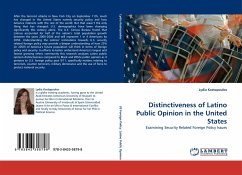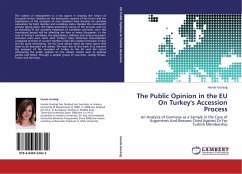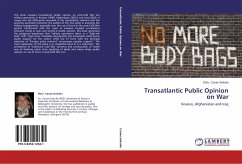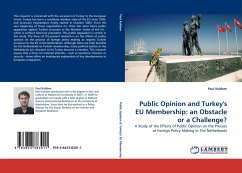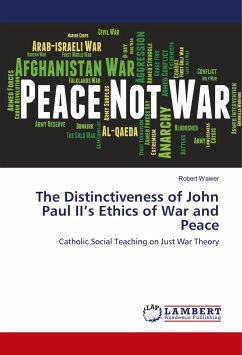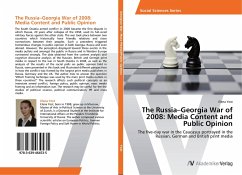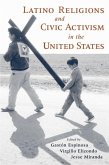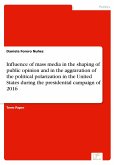After the terrorist attacks in New York City on September 11th, much has changed in the United States namely security policy and how America interacts with the rest of the world. But that wasn't the only thing that has changed; U.S. demographics have been changing significantly this century alone. The U.S. Census Bureau found that Latinos accounted for half of the nation's total population growth between the years 2000-2006 and will represent 1 in 4 Americans by 2050. Understanding the Latinos' inclinations towards U.S. security related foreign policy may provide a deeper understanding of how 25% (in 2050) of America's future population will think in terms of foreign policy and security. In efforts to better understand America's largest and fastest growing ethnic community this research analyzes Latino public opinion distinctiveness compared to Black and White public opinion as it pertains to U.S. foreign policy post 9/11, specifically matters relating to terrorism, counter terrorism, military dominance and the use of force to protect national security.
Bitte wählen Sie Ihr Anliegen aus.
Rechnungen
Retourenschein anfordern
Bestellstatus
Storno

